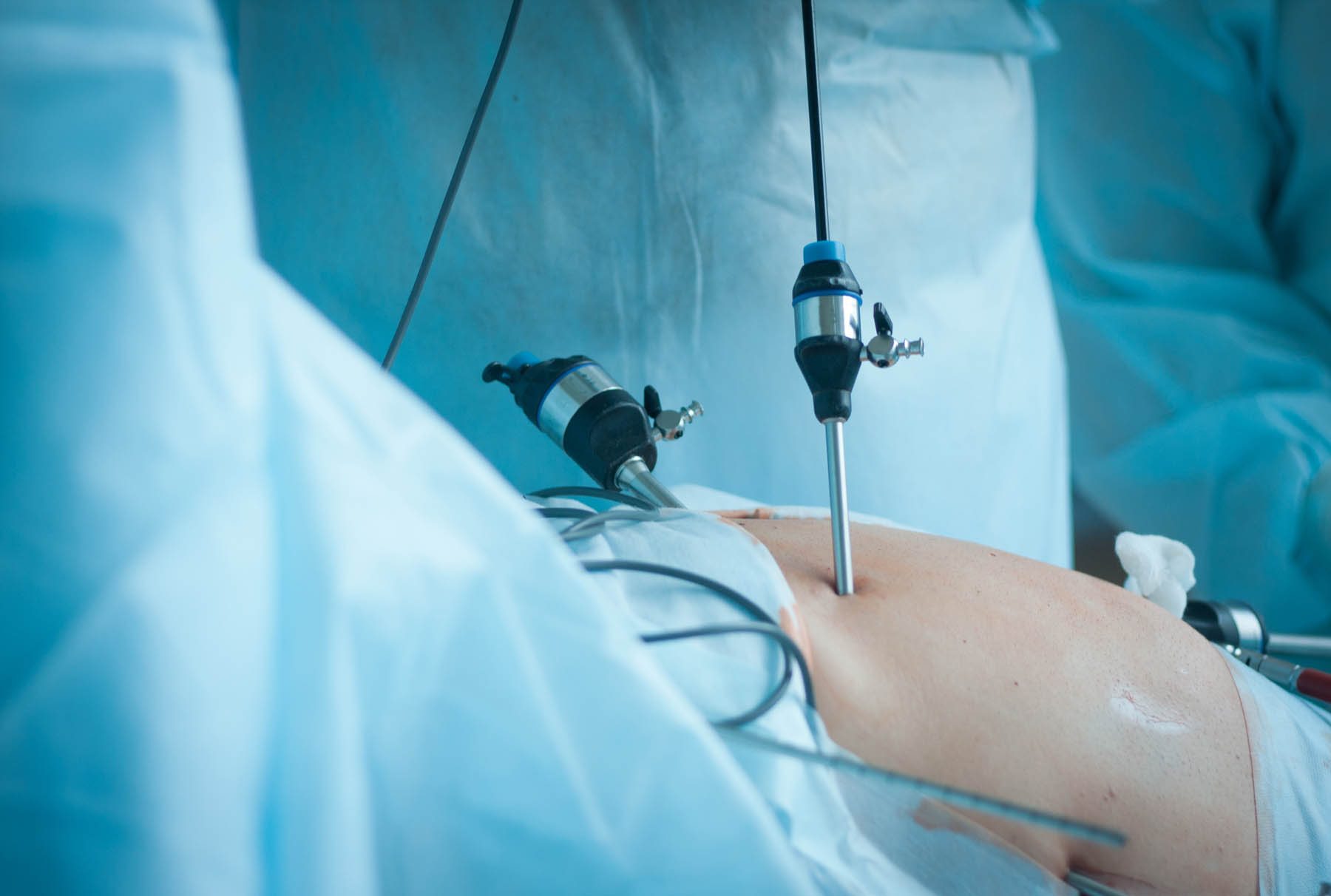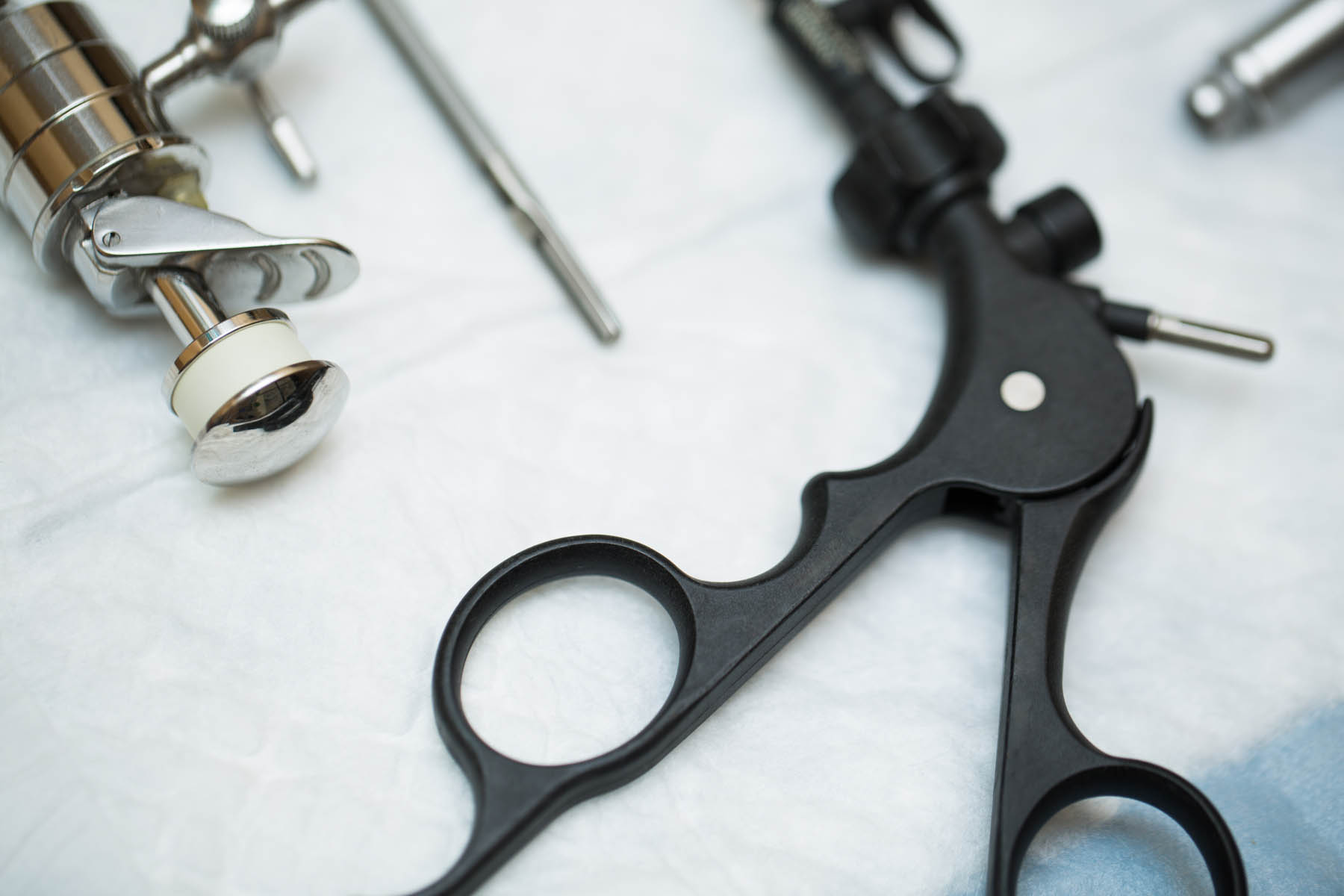Anti-Reflux Surgery for Gastroesophageal Reflux Disease (GERD)
GERD is defined as a condition which develops when the reflux of stomach contents causes troublesome symptoms and/or complications. Symptoms were considered troublesome if they cause adverse effect on individual’s wellbeing. Complications included esophagitis, malignancy and airway diseases.
GERD is classified into three types: non-erosive reflux disease (NERD), erosive esophagitis (EE), and Barrett’s esophagus. While some authors believe the above entities of GERD are independent rather than a progression from one end of the spectrum to the other, most study on natural history of NERD support the progression of GERD to EE in patients without treatment.
Minimally invasive or laparoscopic anti-reflux surgery (LARS) now offers patients with a surgical cure to their troublesome GERD symptoms. LARS has been proven by evidence to be a safe and cost-effective alternative to long term PPI. Patients received LARS generally enjoys improved quality of life.10
- Rickenbacher N, Kotter T, Kochen MM, Scherer M, Blozik E. Fundoplication versus medical management of gastroesophageal reflux disease: systematic review and meta-analysis. Surg Endosc 2014;28(1):143-55.



